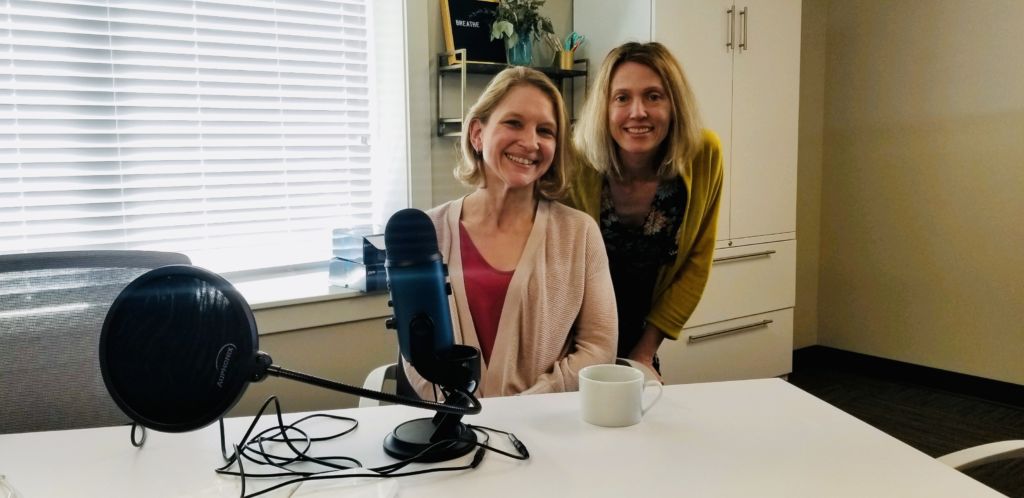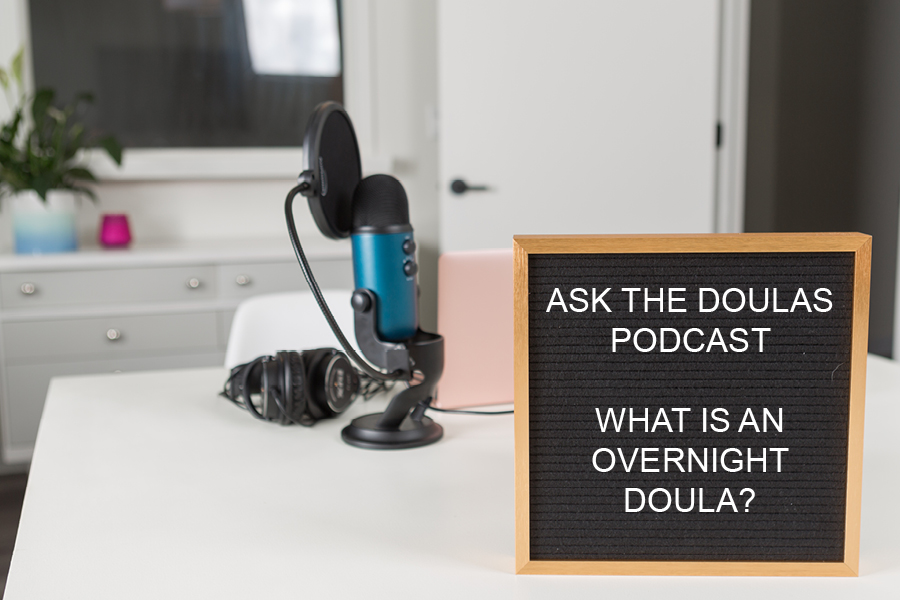Meet our new postpartum doula, Jamie!

We are excited to have Jamie join our team. As a yoga instructor, she brings a sense of calm and balance to a room that immediately sets you at ease. Let’s learn more about her! What did you do before you became a doula? I spent a glorious taco-and-sun infused 6-years in Austin, Texas, doing […]
The importance of certification – Why Gold Coast Doulas are different!

Did you know that in the State of Michigan you (yes, you) can call yourself a doula? There is no licensure, training, or certification required. That’s scary. How do you, as a consumer, know you’re hiring the best doula you can? At Gold Coast Doulas we believe in elevating the standards of doula support to […]
Supporting a Postpartum Mother: Podcast Episode #79

Elsa Lockman, LMSW of Mindful Counseling talks to us today about how partners, family members, and other caregivers can support a mother during those critical postpartum weeks to ensure she seeks help if needed. How do you approach a new mother and what are her best options for care? You can listen to this complete […]
Meet our new doula, Jen!

Meet Jen Serba, our newest postpartum doula. She filled out our standard Q&A so let’s get to know her a little better! 1) What did you do before you became a doula? I began my medical career 17 years ago when I became a Medical Assistant (MA) fresh out of high school. I was […]
Your Trusted Birth Team

We all know that becoming a parent is difficult, but most first time parents don’t really have a full understanding of how hard it will be until they’re in the midst of it. They may encounter fertility struggles or miscarriages; they realize that planning during pregnancy takes a lot of work; they have to find […]
Podcast Episode #68: Overnight Doula Support

Many of our clients and listeners don’t fully understand what overnight doula support looks like. Kristin and Alyssa, both Certified Postpartum Doulas, discuss the kinds of support their clients look for and how their team of doulas support families in their homes. You can listen to this complete podcast on iTunes or SoundCloud. You can […]
